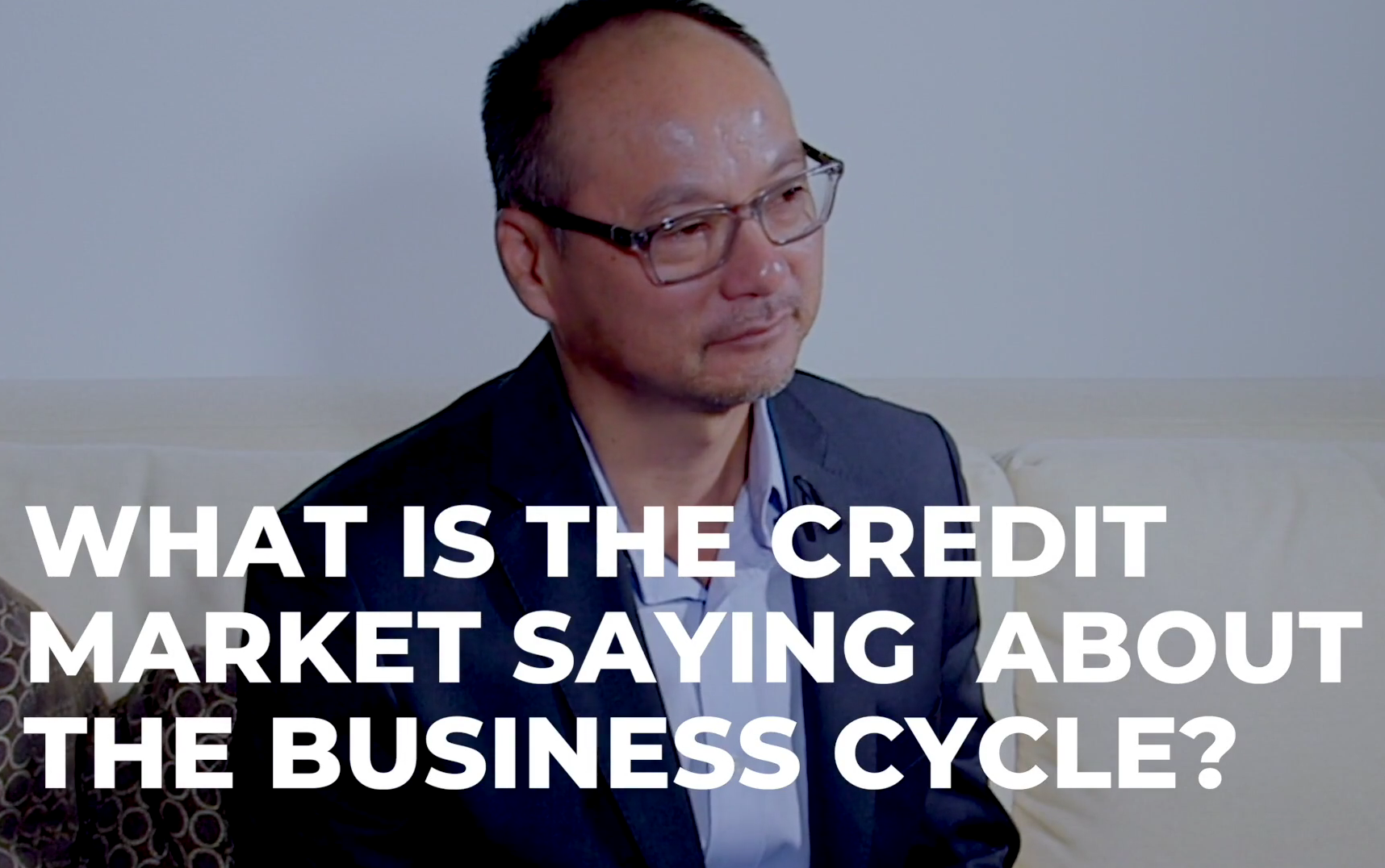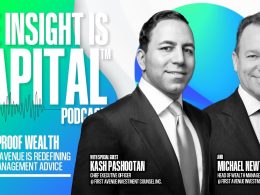by Patricia Deschineau, Commonwealth Financial Network
In our content-driven, constantly changing world, the oldest form of communication has once again become the most successful way to make connections—and businesses are taking note. The rediscovered art of storytelling has given marketing departments a refurbished tool for strengthening brands and bottom lines.
This business trend affirms what many successful advisors already know: great stories help you establish trust and build connections with prospects and clients. But can you do it well and with intention? Let’s look at how you can use intentional storytelling to strengthen your brand and your business.
For as long as humans have been communicating, we have been telling stories. It’s how we entertain one another. It’s how we transfer knowledge. It’s even how we make sense of life. Wired to think in terms of stories, our brains respond to the descriptive power of narratives. They help us parse out cause and effect and understand why things happen the way they do.
At their most basic level, well-told stories teach, inform, and inspire action. More important, stories help us connect through shared experiences. In fact, research has shown the brains of a storyteller and listener actually synchronize when they have a mutual understanding. The synchronization produces greater understanding and empathy in the mind of the listener. Storytellers who can make such connections have more success getting their message across.
In speaking with financial advisors every day, I have learned that most are natural storytellers. They regularly outline scenarios for their clients and draft what the next chapters of their clients’ lives will look like. They share anecdotes about what has worked well with their existing clients, as well as the issues that have arisen. Without compelling stories to tell, financial advisors would struggle to build connections with prospects and clients. But there’s room for improvement. Telling a good story is a skill, and like any skill, practice leads to improvement.
Intentional storytelling is the development of stories with the outcome in mind. What’s the message you ultimately want to convey? What knowledge do you wish to transfer to the listener? Intentional, well-told stories will:
- Make the unfamiliar become familiar
- Simplify complex topics and themes, making them understandable and relevant to the listener
- Create emotional connections
- Provide context and shared experiences
- Make room for breaks and transitions to ensure comprehension and create lasting meaning
- Use imagery to engage the listener and strengthen memory
- Inspire the listener to take action
For most people, the subject of financial planning is complex and often overwhelming. That’s where financial advisors—who are uniquely situated at the intersection of technical financial concepts and the emotions involved with making life choices—can add value. Clients can get stuck there, unable to move forward, without your guidance and expertise on where they should go. Set yourself up with intentional stories to help them along, address their various situations, and practice perfecting your stories as time passes. To do this well, follow these tips:
Have a purpose. Keep the outcome you want in mind as you set up your stories. Each one should communicate knowledge, make a connection, or inspire action.
Follow a straightforward formula. Every story you tell needs a beginning (set up the problem), a middle (how the problem was solved), and an end (success—life is improved by the solution).
Use the “What’s in it for me?” principle. Be sure your story has a benefit and relatable information for your listener.
Stay on track. Stories should be short and to the point. Beware of tangents and veering off subject. Practice keeping your stories focused.
Make the meaning clear. If it’s a story about the importance of asset allocation, for example, speak to the level of your listener’s understanding. If it’s a story about the importance of risk management, make sure the theme doesn’t get lost in the details.
Invite listeners into your story. Come up with stories that can be adapted to different listeners by bringing in their own experiences. You’ll create more personal and relatable lessons this way.
Update and evolve your stories. As times change, so should the stories you tell. The stories that resonate today may become outdated a year from now, so be sure to tweak them as needed and discard them from your storytelling repertoire once they’re past their prime.
To fully leverage intentional storytelling to strengthen your brand, the stories you tell should communicate all of the services you offer at your firm. This is where experience is your best guide. If you have lived through market crashes or guided clients through saving for higher education or preparing for long-term care needs, you have stories to tell.
Here are some topics to consider:
- Why a prospect should choose you as an advisor
- The importance of sticking to a long-term financial plan
- Putting volatility in perspective
- Why preparing for the unexpected is necessary
- When and why a long-term plan should be revisited
- Discussing finances with family
There is no limit to the range of stories you can tell. Always keep in mind the purpose of your story and the problem you are trying to help solve for your listener.
No matter what stories you choose to tell, the goal is always the same. Clients work with you because they believe you understand their needs and can solve their problems. In other words, they trust you. Your stories help you build that trust. The more you practice your storytelling, the more confident you’ll become. And that confidence will help you create meaningful connections with existing clients and establish your firm as a reliable resource for new ones.
Do you use intentional storytelling to strengthen your brand? How has it helped you build connections with prospects and clients? Please share your thoughts with us below!
Commonwealth Financial Network is the nation’s largest privately held independent broker/dealer-RIA. This post originally appeared on Commonwealth Independent Advisor, the firm’s corporate blog.
Copyright © Commonwealth Financial Network















